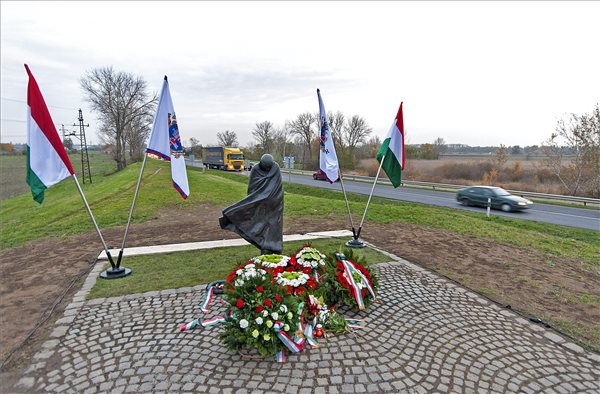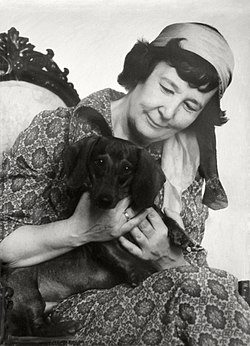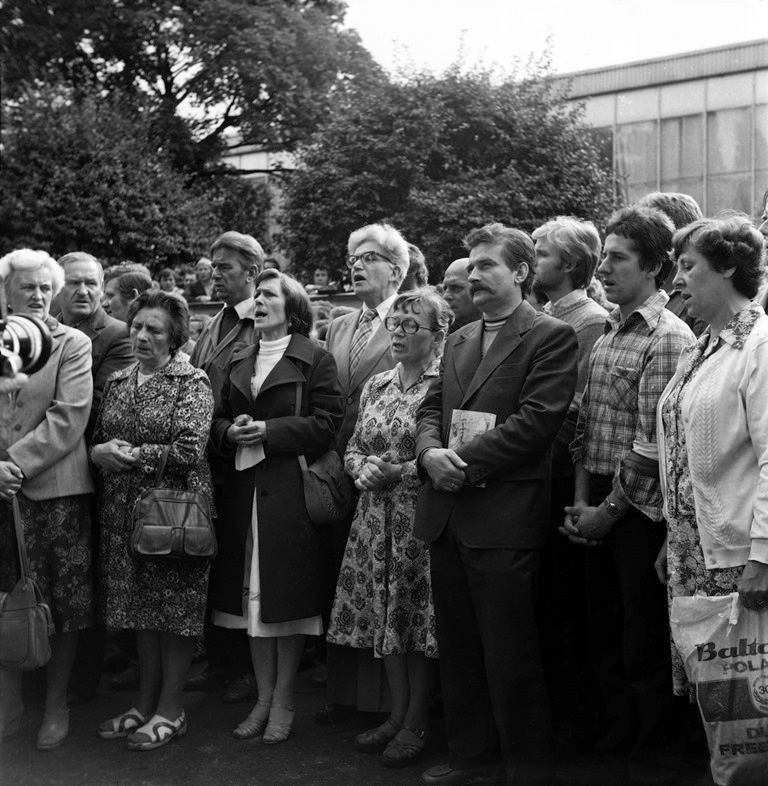Labour service in Hungary during World War II – Abda, Radnoti-Memorial
Fact of the Hungarian figure „Brick Factory in Obuda – The Holocaust in Hungary”
Part of the „The Holocaust” topic
Forced labor service was a distinctive and tragic aspect of the Holocaust in Hungary, reflecting the country’s systematic exclusion of Jews from military service during World War II. Beginning in 1940, Jewish conscripts were banned from armed service under Hungary’s anti-Jewish laws and instead forced into labor service battalions. Over 120,000 to 150,000 Jews and other marginalized groups were conscripted into these units, where they were subjected to grueling and often life-threatening tasks, such as demining battlefields and building military fortifications.
The conditions endured by these labor servicemen were inhumane. They were deprived of basic necessities, subjected to brutal treatment by their supervisors, and faced constant danger from both their work and the war itself. Tens of thousands perished due to the extreme conditions, starvation, disease, and the sheer cruelty of their overseers. The labor service was, in effect, a death sentence for many, paralleling other forms of forced labor seen across Nazi-occupied Europe.
One of the most harrowing episodes in this period came in the final months of the war, in November 1944, when the far-right Arrow Cross Party, retreating westward before the Soviet advance, forced thousands of Jewish labor servicemen on death marches. These marches, often conducted in freezing winter conditions, resulted in countless deaths as those who were unable to keep pace were shot or left to die. Among those who perished during this time was the renowned Hungarian poet Miklós Radnóti, whose fate is memorialized at the Abda Radnóti Memorial.
Radnóti’s experience embodies the suffering of many Jewish labor servicemen. Forced into labor, Radnóti endured brutal conditions until his final days, when he was executed during one of these death marches. His body was later exhumed, and in his coat pocket, a notebook containing his last poems was found. These poignant writings, composed under unimaginable duress, offer a unique and personal perspective on the suffering endured by Hungarian Jews during the Holocaust.





